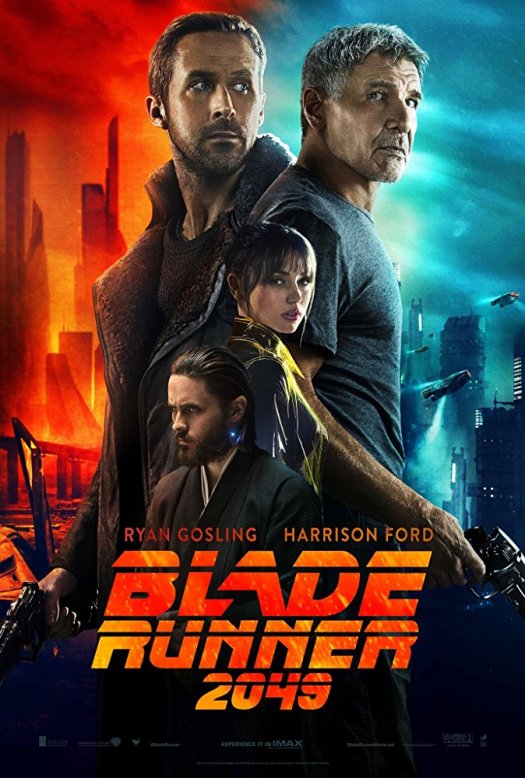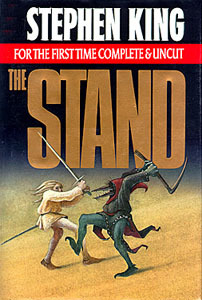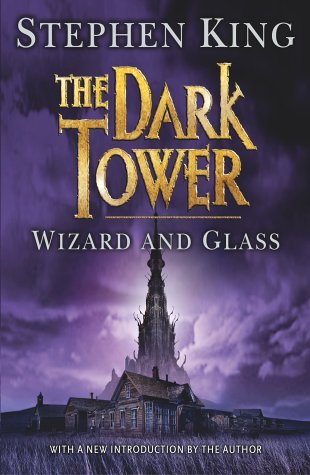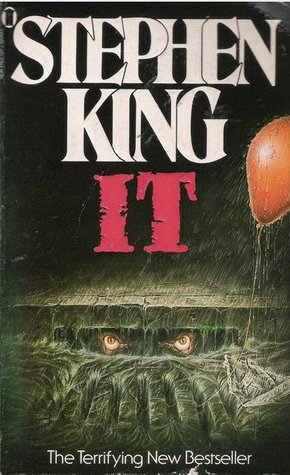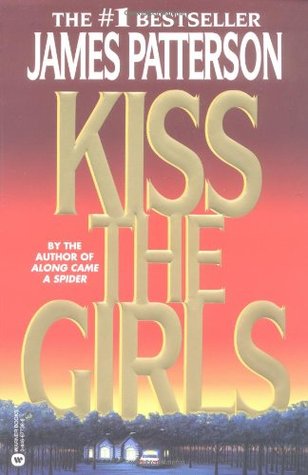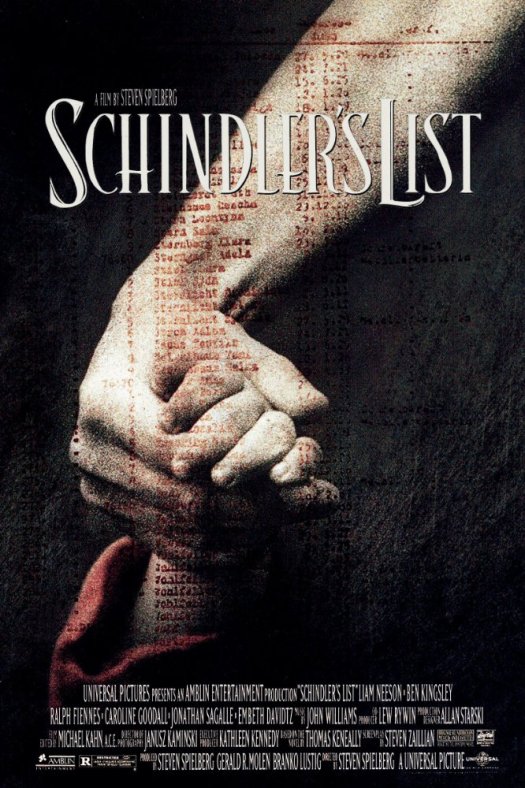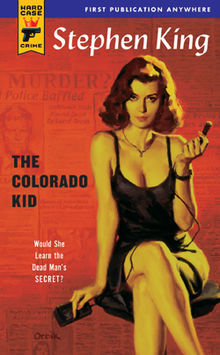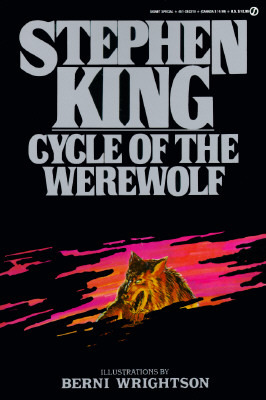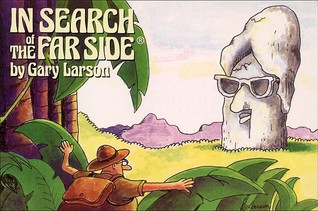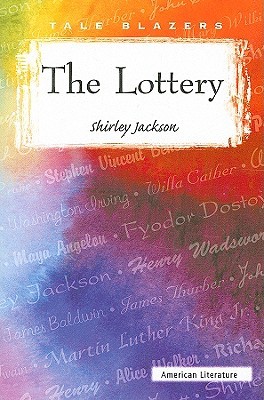*********************************Light spoilers********************************
Marketed as an action film this artistic thriller did not serve the general public. During my showing 7 people walked out, and there was only probably 15 of us, and they made it no more 50 minutes in. Several people I went to the theater with fell asleep, yet critically applauded and here comes the divide. Movies critics love, film does not make money even when they have huge investment and movies critics don’t love film makes enough money to fund 5-15 more movies. So in short this film is a disservice, because ultimately fewer studios are willing to take the risk on artsy films and all this film needed was to tighten up its pacing and it would have probably broken even and in terms of cinematic vision that is hardly selling your soul.
Directing: 8.75/10
The directing is superb and I am shocked with the level of investment that Villeneuve was given as much control as he was. Though it must be said that this film draws out shots for too long and this is from a man who loved the film Stalker. Where as something like Stalker is completely about the philosophical nature this film still tries to make it self an action/thriller/mystery film and these long takes end up killing the mystery and feels more like there is not enough story to go around, which ultimately is true. The shots themselves are lovely.
Acting: 7/10
Ford is Ford the man is not that great of an actor and he really is just cashing in on old franchises at this point. Gosling’s muted touch was decent enough and while Leto’s weird character was weird in a good way the character itself was unneeded. The main villain of the piece was over the top and worthy of being in a film that is trying so hard to be nuanced. She ends up coming off as a jarring screeching noise.
Cinematography: 10/10
Deakins’s cinematography shines, absolutely shines and this has to be his year. 13 noms and with Lubezki currently attached to a special award Oscar his major comp for the year is not there.
Editing 8.5/10
I feel bad for Joe Walker he kept the ship as tight as he could throughout, but ultimately due to the nature of these long drawn out takes that it feels like he was ultimately overruled when it came to where to cut the film.
Score/sound effects: 5.5/10
I would have scored this higher if I had not seen Arrival, where as the industrial style sound design should have been more engaging I could not help feeling they were reusing it from Arrival. Of course the sounds were meant to be jarring given all the silence we were fed, but ultimately it feels like that opening sequence in the remake of Funny Games, it is not shocking or jarring in the sense the creator wants, but more in the sense please turn down the TV those noises are starting to give me a headache.
Visual Effects: 9/10
I get a sense of Silent Hill (the first game) it feels like the fog and dust in certain scenes is there to hide rather than enhance and when one goes back to the original Blade Runner these modern effects (specifically shots of the city) do not look like the technology has really pushed the boundaries, in fact it looks more like the status quo, which mind you the status quo is excellent, but not genre defining.
Writing: 3/10
I am sad to find out there was a writer for this film. Now I previously mentioned Stalker which is similar in many regards, however the dialogue in that is profound, where is the dialogue in Blade Runner 2049 thinks it is. With such cliche android film lines as basically sacrificing yourself is the way to prove you are human. This concept never sits well with me, as apparently for an android the most human thing is to sacrifice yourself so that the human may continue to live a better life than you. That sounds like the kind of thing an android would be programmed to do. Asimov anybody? Everything just keeps pushing the fact that these androids want to be human, but ultimately it keeps slapping them down and saying they are not. It adds nothing to the greater debate over AI and ultimately when compared to the sheer quality of everything else in the film it looks out of place and useless, as if someone was brought in last minute to patch it up. Secondly the whole it could be him story was let out of the back to early on, so it made the double twist so predictable that it steals any power it had.
Production Design: 9.5/10
Those in production design you all need more respect and deserve to be pushed further into the foreground, because when you do an excellent job no one says anything, only look how well this and that is, but you owned this film.
Costume Design 9/10
Well done, especially Leto’s character, though I will say the only real negative was Wright’s outfit. What is this 2049 and she is channeling the 50’s or was she literally a copy of the police chief from Futurama. Also Ford’s was a little meh.
Make-up/Hairstyle 8.5/10
Again Leto is the high point, but not much else as everything is high quality, but nothing feels astounding.
